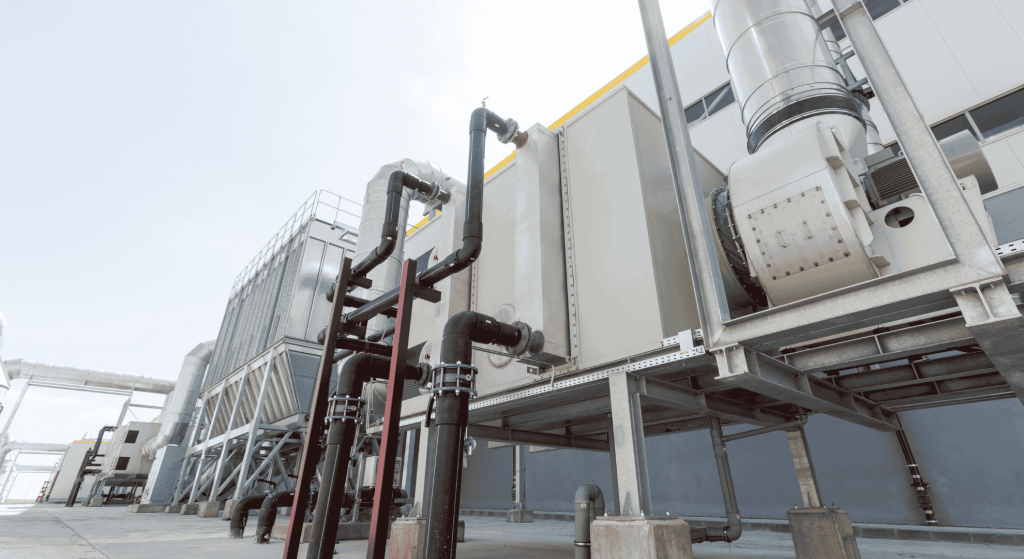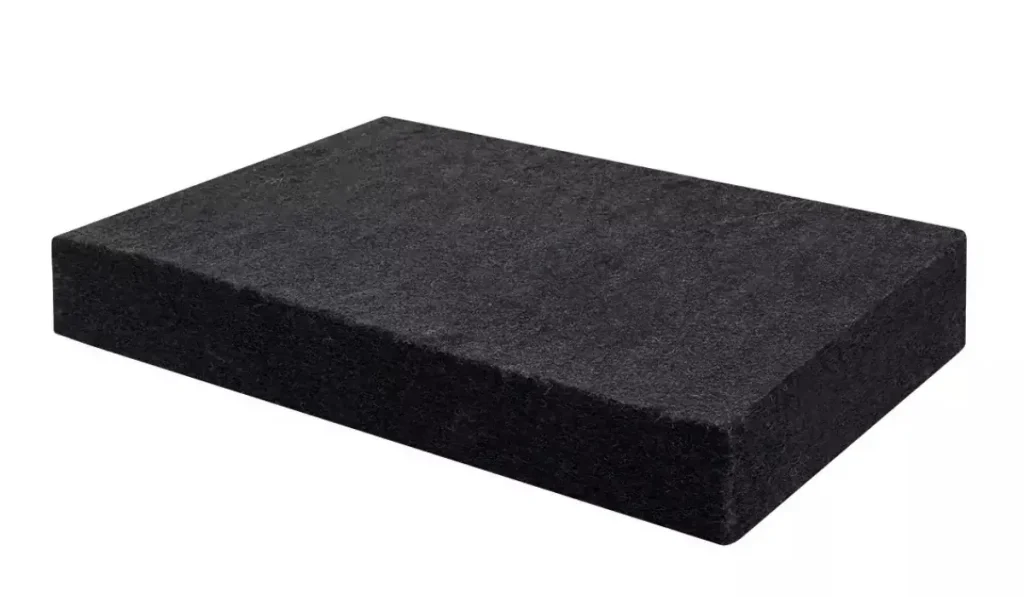Industrial Noise Control Pakistan
Understanding Industrial Noise Control in Pakistan
Industrial noise is becoming a serious problem in Pakistan. Rapid industrial growth and city expansion are major reasons. Factories and manufacturing plants produce loud sounds. Heavy machinery adds to the noise in the environment. This affects workers’ health. It also disturbs people living nearby. Controlling industrial noise is very important. It helps keep workers safe. It also improves productivity. Industries must follow environmental rules. There are several ways to reduce noise. Acoustic enclosures can help. Sound barriers are effective too. Vibration isolation is another solution. Regularly checking noise levels is necessary. It helps find areas that need attention. Advanced solutions can protect workers from hearing loss. They also reduce stress and fatigue caused by loud noise. In Pakistan, companies can get help from experts. Providers like SoundKrafted offer practical solutions. They create strategies that suit each business.

Quick Industrial Noise Control Tips
Even small fixes can make a noticeable difference. If you want more help in Pakistan, companies like SoundKrafted can guide you. They look at your space and suggest solutions that actually work.
Here are five simple ways to make factories quieter
Key Highlights:
- Put panels on the walls and ceilings that soak up sound. It really helps with echo.
- Check your machines often. Worn out parts can make a lot of extra noise.
- Put boxes or covers around the loudest machines. It keeps the sound from bothering everyone.
- Try moving machines around a bit. Sometimes just changing their spots makes a difference.
- Give workers earplugs or earmuffs. People can work more comfortably that way.

Noise Reduction Solutions for Factories
Factories contribute a lot to industrial noise. Reducing this noise is very important. Controlling noise in factories starts with identifying machines that are very loud. It also requires understanding how much they affect the workplace. After this, targeted measures can be applied to lower the sound. Common solutions include using soundproof panels. Acoustic curtains also help reduce noise. Vibration dampening mounts can make machines quieter. Regular maintenance of machinery is important too. Planning the factory layout carefully can stop noise from spreading. Employee safety should always come first. Lowering noise makes the workplace healthier. It also makes it more comfortable for staff. A quieter environment can increase productivity. Many industries in Pakistan do not see the long term benefits of noise control. Proper measures can save money. They prevent health related problems and improve efficiency. Working with experts like SoundKrafted helps factories. They provide solutions made for each factory’s needs. These solutions follow safety rules and industry standards.
Benefits of Industrial Noise Control
Controlling industrial noise in Pakistan brings many benefits. It protects employees’ hearing. It also helps them concentrate better. Lower noise levels improve productivity. Loud noise can cause stress and fatigue. It can also lead to long term health problems. These issues affect both workers and business operations. Keeping sound levels under control makes the workplace safer. It also helps industries follow safety rules. Proper noise management reduces environmental noise too. This helps improve relations with nearby communities. It can also reduce the risk of legal problems. Investing in noise control shows that a business cares about its people. It also demonstrates a commitment to sustainability. Expert companies like SoundKrafted can help. They provide the consultation. They install the right solutions. This way they make sure the facilities of businesses get effective noise control.
SMPTE Certified Professional Team
SMPTE is a global network of media and entertainment professionals, ranging from senior industry professionals to engineers and tech specialists. The purpose is to assist in enhancing the creation, administration, and distribution of media content to audiences worldwide.
The big part of what SMPTE does is create technical rules so that different equipment can work together without problems or Issues. These regulations address issues such as video formats, Meetings, movie theater presentation, and media transmission over internet based networks etc.

Get Your Free Soundproofing Consultation Today!
Ready to create a quieter, more comfortable space?
